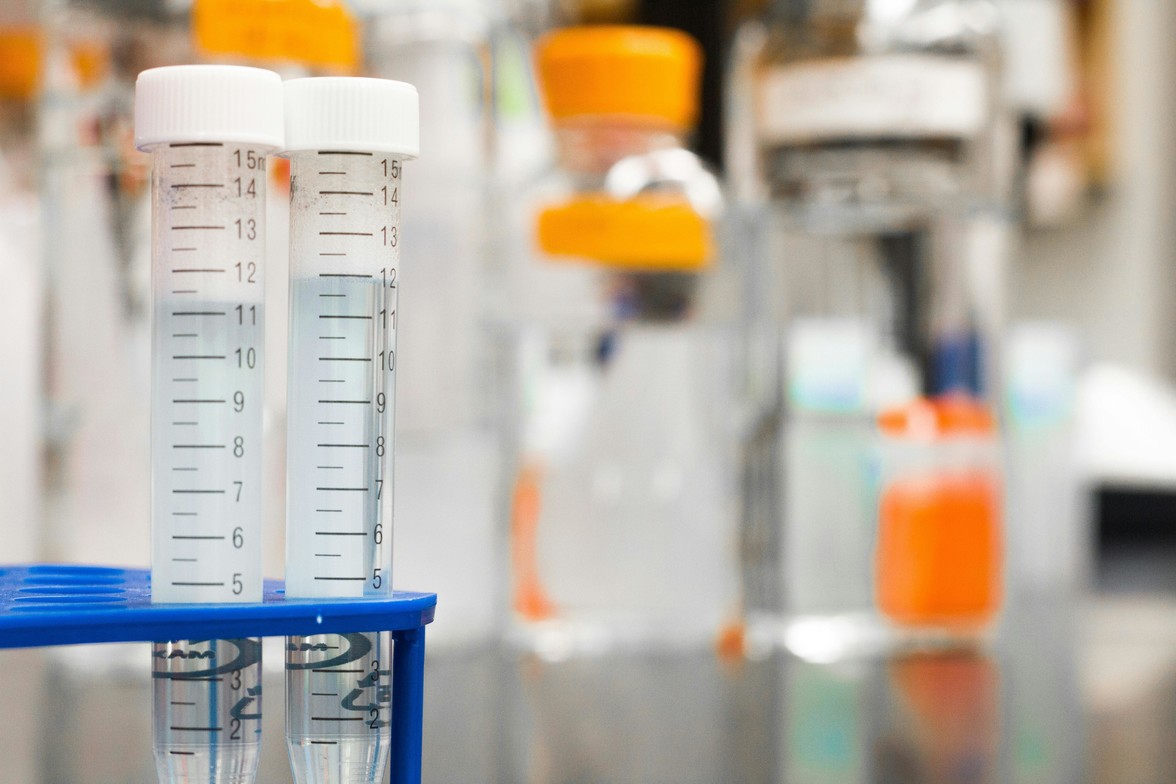
If you’ve ever felt confused about when to test your hormones, you’re not alone. Timing really does matter, and testing on the wrong day can give results that don’t tell the full story. Whether you're trying to get pregnant, experiencing symptoms like fatigue or mood changes, or navigating perimenopause, properly timed hormone testing can provide the clarity you need to move forward with confidence.
Why Hormone Testing Timing Is Important
Your hormones shift throughout your menstrual cycle. Estrogen rises before ovulation, while progesterone peaks after ovulation. If we test too early or too late, we might completely miss key insights. That's why one of the first things I do with patients is teach them how to track their cycle, because it helps us pinpoint the best day for testing.
Let’s break it down based on the hormones being tested.
Day 3 Hormone Testing: The Follicular Phase Check-In
Best for testing:
- FSH (Follicle Stimulating Hormone)
- LH (Luteinizing Hormone)
- Estradiol (E2)
- AMH (Anti-Müllerian Hormone)
When to test: Cycle Day 3 which means the third day of your period (with Day 1 being the first full day of bleeding).
Why: These hormones give insight into how your ovaries are communicating with your brain and can help assess ovarian reserve and egg quality. It’s especially helpful when investigating irregular cycles or fertility concerns.
Day 21 Progesterone Testing: The Ovulation Confirmation
Best for testing:
- Progesterone
When to test: About 7 days after ovulation, commonly Day 21 if you have a textbook 28-day cycle. But if your cycle is longer or shorter, we adjust accordingly.
Why: Progesterone should peak about a week after ovulation. This test tells us whether you’ve ovulated and if your progesterone levels are high enough to support conceptionor a healthy menstrual cycle. Low levels can be linked to PMS, spotting, anxiety, sleep issues, or fertility challenges.
When to Test Other Hormones
Thyroid Hormones (TSH, Free T3, Free T4, Anti-TPO):
These can be tested any time during your cycle, but for consistency, we often test them on Day 3 if we're doing a full hormone panel.
Testosterone and DHEA:
Ideally tested early in the cycle (Days 3 to 5) when hormone levels are baseline.
Cortisol (Stress Hormone):
Best tested in the morning (between 7-9 AM) through blood, or throughout the day using saliva or urine (DUTCH test) to map your cortisol rhythm.
If You’re in Perimenopause or Postmenopause
Hormone levels may be more unpredictable in perimenopause, especially if your cycle is irregular. In this case, we’ll often base testing on symptoms rather than specific cycle days. For postmenopausal hormone testing, you can test on any day since your hormones are no longer cycling.
Tracking Your Cycle Makes a Big Difference
If you’re unsure about your cycle length or whether you’re ovulating, tracking your period, cervical mucus, and basal body temperature can help. This gives us the full picture and makes hormone testing more accurate and personalized.
Hormone testing is a powerful tool, but only when done at the right time. Understanding your unique cycle helps us get the most accurate results and create a treatment plan that works for you. If you're thinking about testing your hormones, let's make sure it's timed just right.
Book a consult today to get started with personalized testing and care.
For more blogs by Dr. Jeffries, click here!
.jpg)


